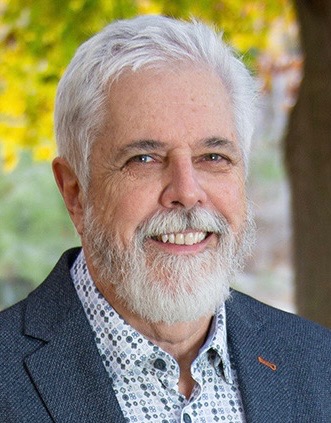Negotiators everywhere are trying to pick up the pieces after the most recent round of international trade talks, held this time in Geneva, failed again.
The World Trade Organization, which is entrusted globally with trying to promote trade stability in 153 member countries, is proving ineffective. Attempts to be democratic, conciliatory and flexible in this recent "round" of talks — which has gone on for seven years — have gone down in flames.
Frustration is running high. Even a normally patient country such as Canada, which has long prided itself in being a moderate at these talks (in part, because its pockets weren't deep enough to lead the agenda), dug in its heels in Geneva and bucked global demands for less trade protectionism. So did India and some developing nations, which want the right to shelter certain agricultural products against cheap imports.
For decades, Canada has protected dairy, poultry and egg farmers by charging huge tariffs against imports of these commodities. Against significant pressure from the United States in particular, we and other countries pounded the table at Geneva for the right to keep doing so, calling it an entitlement, and a necessity. Without protection, we said, these commodities would be buried by unfair competition — even though other farm sectors manage to survive.
And now, we have no deal.
Maybe politicians and bureaucrats will never be able to agree to a meaningful pact that puts all countries on equal footing as far as access to markets is concerned, or support for exports.
This drive toward a negotiated ceasefire in international trade wars began as an attempt to get the world's agricultural superpowers, the United States and the European Union, to stop heaping huge subsidies on their farmers. It was treasury versus treasury, not farmer versus farmer.
In time, Europe said it was willing to bend, but the Americans called the offer lip service, and little changed that would lead to trade peace or an equal playing field among all countries.
Through these years, a northern Ontario farmer named Jack Wilkinson kept producers around the world focused on fairness and optimism, as the long-standing president of the International Federation of Agricultural Producers.
His tenure has finally ended, and he leaves a legacy of hope that where bureaucrats failed, farmers may succeed. Globally, they want conditions that will enable them to feed their own people, and others. They are united in their pleas for help with huge problems, many of them environmental and social, such as global warming and desertification, as well as rural migration and rural health.
Unfortunately, on a world scale, another battle is also being lost: that is, the fight against poverty. Although we in developed countries are well fed, nurturing local food programs and enjoying long lives, overall poverty is escalating.
The Population Reference Bureau —www.prb.org/Home.aspx — issued its annual state of the union report last week, noting a widening in what it calls the demographic divide — the inequality in the population and health profiles of rich and poor countries.
It says two sharply different patterns of population growth are evident: little growth or even decline in most wealthy countries, and continued rapid population growth in the world's poorest countries.
Bob Friesen, president of the Canadian Federation of Agriculture, says while farmers devote attention locally to their farms and communities, they must also keep international trade and development in mind.
This is truer now more than ever.
Governments can't figure out how to feed the world. No matter how much we tell Ottawa to increase foreign aid, nothing much happens. Global deals can't get done by those we've traditionally entrusted to succeed. Maybe farmers can get it done.


